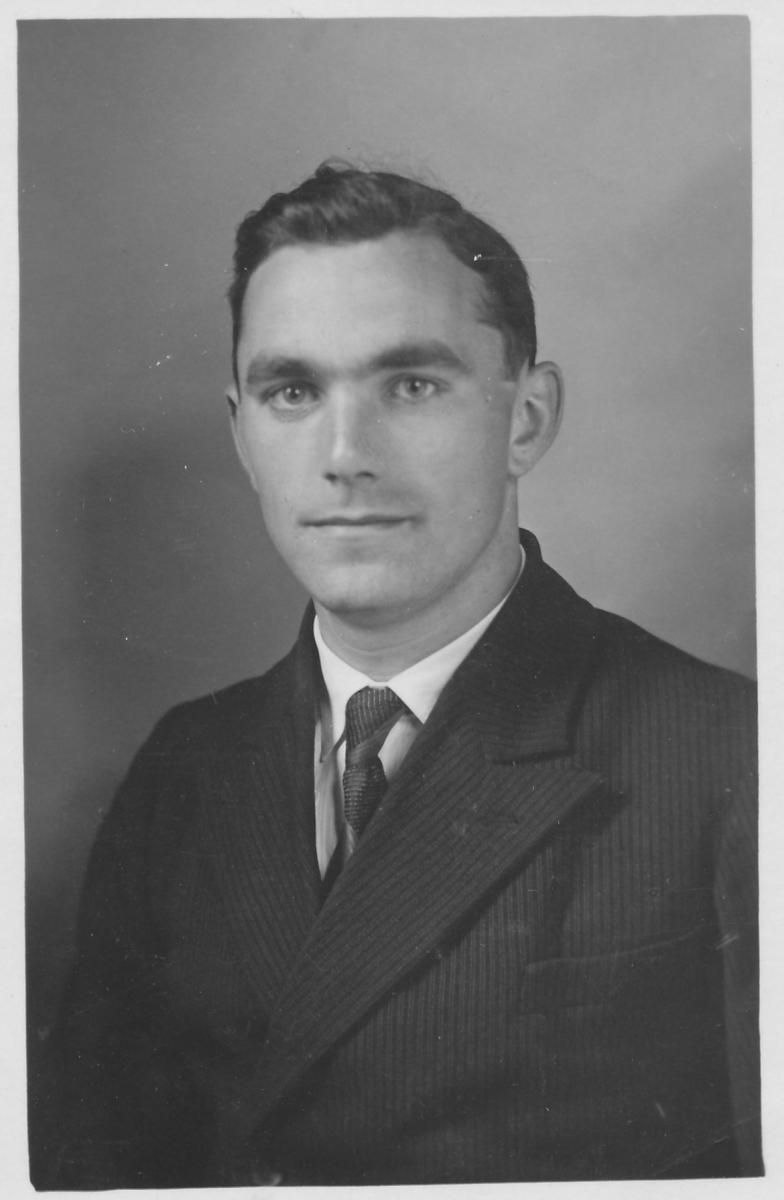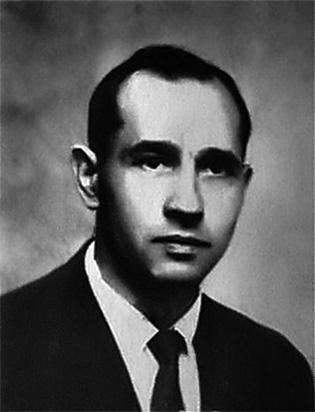Hermann Scheipers
Mediathek Sorted


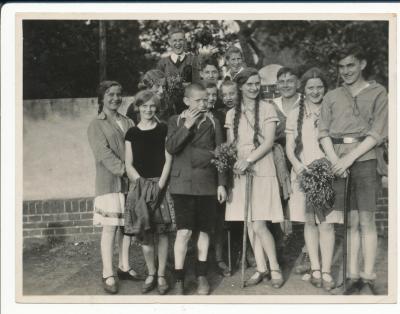
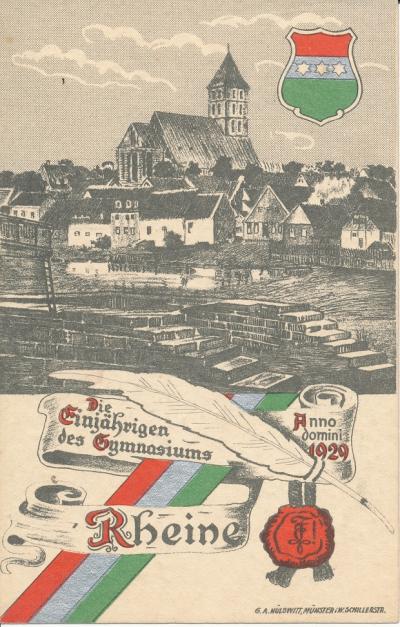
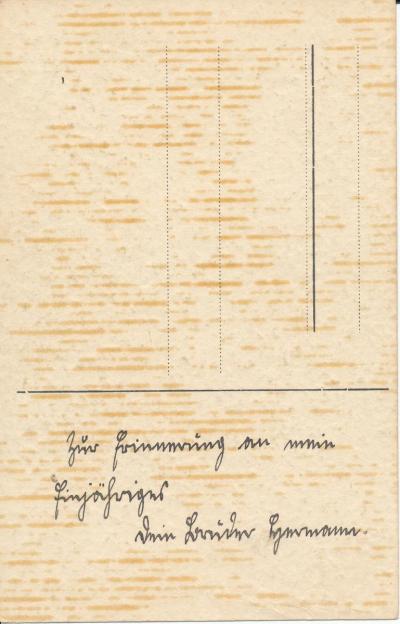

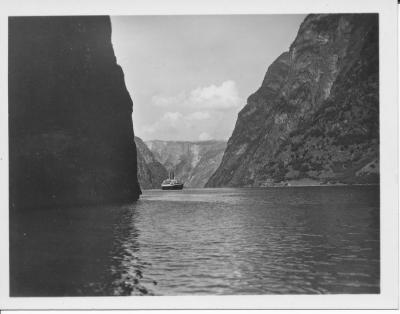

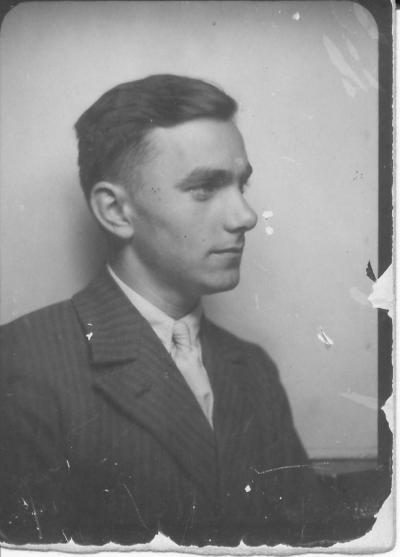
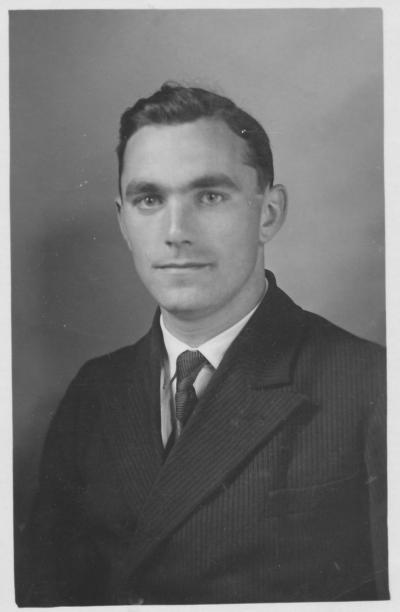
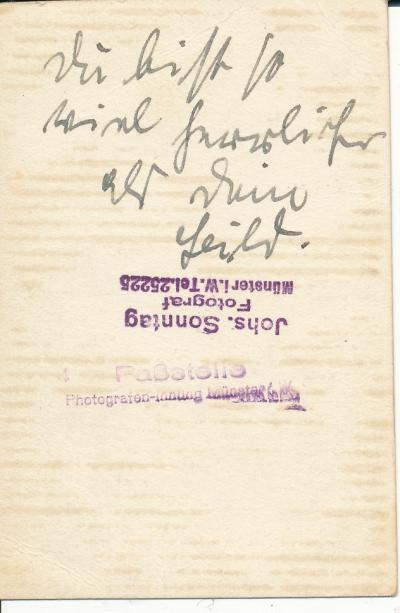


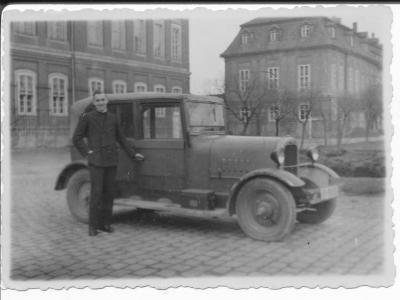
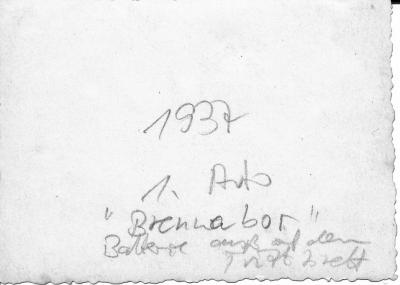
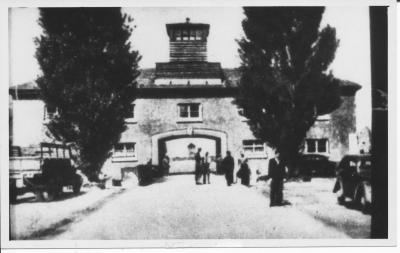









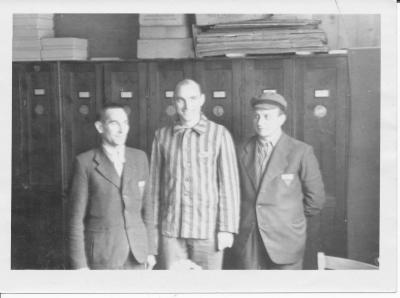
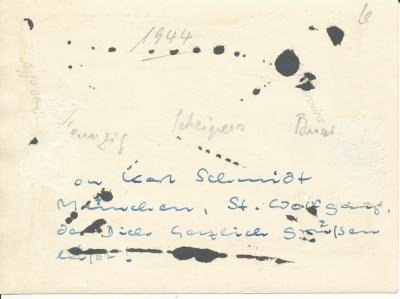
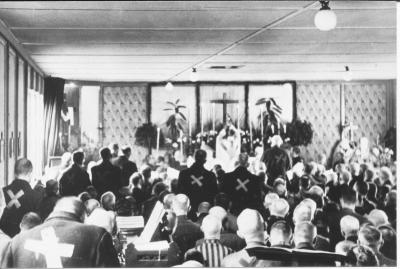
![The rear side of the photo of the church service for priests in the Dachau concentration camp The rear side of the photo of the church service for priests in the Dachau concentration camp - With a handwritten remark by Scheipers: "Church service of the concentration camp priests in Dachau (Most of the prisoners are already wearing suits that have been cut up and sewn over with the X, because by 1944 there were no more prisoner clothes [...]"](/sites/default/files/styles/width_100_tiles/public/assets/images/013b_-_rueckseite.jpg?itok=Il_qnB9A)


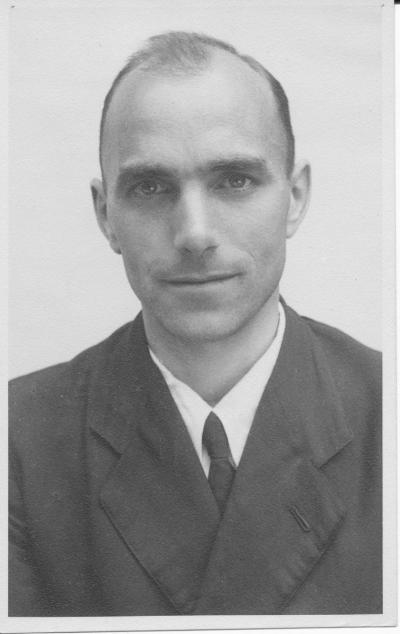
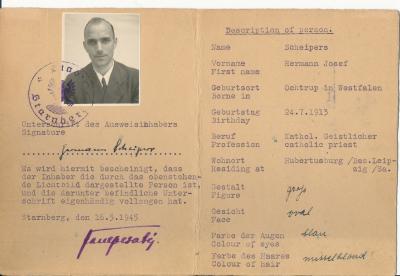
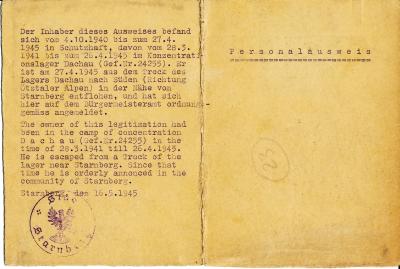
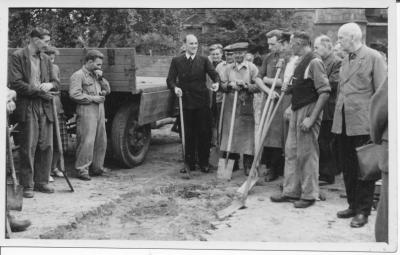
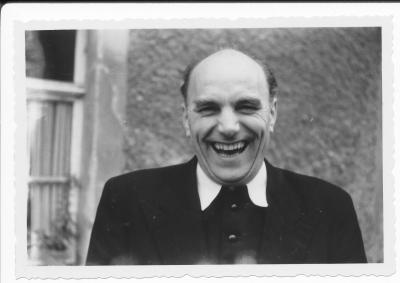

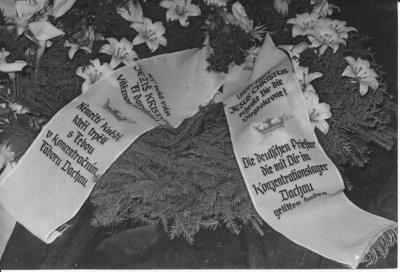





Dir gehört mein Leben (DE)

I owe you my life (EN)

Moje życie należy do ciebie (PL)
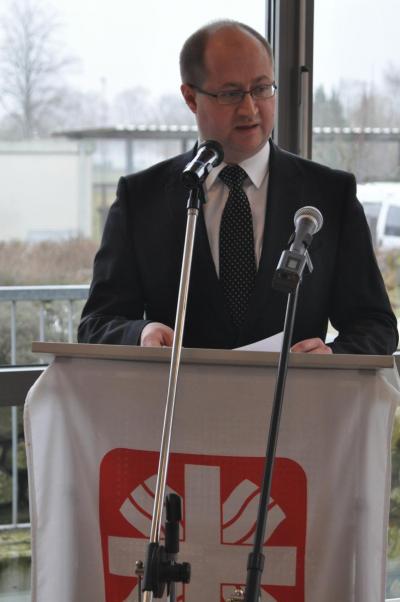
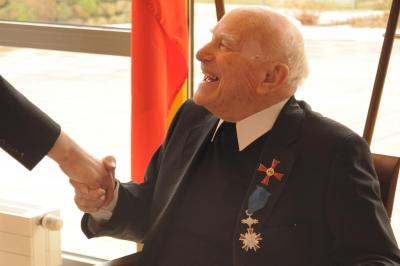
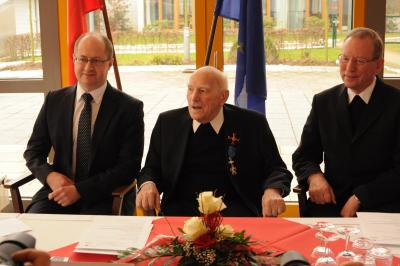
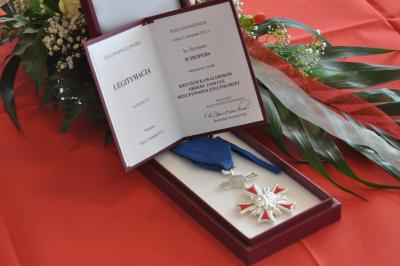
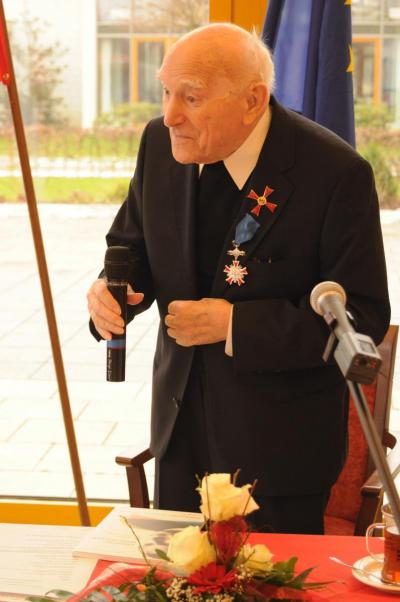

Conversation with Jacek Barski
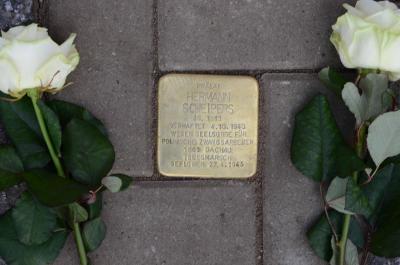
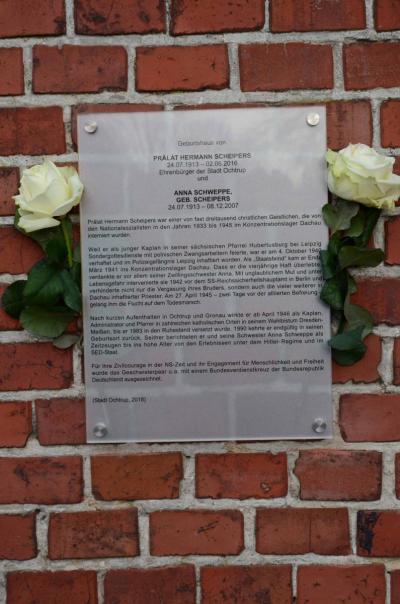






























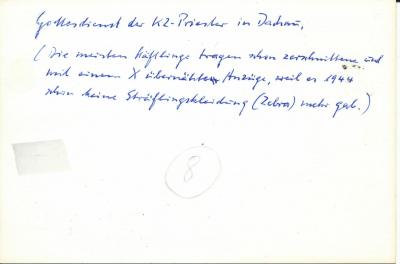



























When I suggested the idea of publishing a lot of photos from his private collection on the Porta Polonica website, Hermann Scheipers replied in flawless Polish “W porządku!” (“That’s fine!”). Hermann Scheipers is a Catholic priest who will be 102 on 24th July 2015. There is not the slightest doubt that he is held in veneration by Polish people living in Germany. In 1940 he was thrown into prison for his exemplary commitment to the welfare of Polish forced labourers. Not long afterwards he was sent to the concentration camp in Dachau where he narrowly escaped the gas chamber thanks to the help of his twin sister Anna.
And today I am talking to him in Ochtrup (Westphalia), where he now lives, to hear once more the incredible stations of his life and his suffering under two German dictatorships. My immediate impression is that Scheipers is only too willing to speak about his experiences. Although his voice is rather shaky he still exudes the power, conviction and self-confidence that surely helped him survive the monstrous conditions in the concentration camp, and even to endure the death march after the camp was evacuated in 1945. (For more, see the conversation in the mediatheque between Hermann Scheipers and Jacek Barski on 12th May 2015 in Ochtrup).
Hermann Scheipers is a man of action, bursting with ideas. And a man of faith. You can see this simply from the photos of him that go back a complete century. His appearance is full of charisma, inner conviction, single-mindedness and tenacity. His mystifying smile, even on the photos from his time in a concentration camp, radiates confidence, joy and an active Christian belief that faith knows no fear.
Hermann Scheipers was born on 24th July 1913 in Ochtrup. In 1928 he passed his A-level examinations in Rheine, and one year later he liberated himself symbolically from his previous life when, during the first anniversary celebrations of his leaving school, he threw his old school books into the Ems and decided to become a priest. Nonetheless he has remained open to the world and interested in foreign countries and languages. During his lifetime he has travelled through France by bike, and even managed with the help of a trick to get himself a trip on a cruise to Norway promoted by the Nazi organisation “Strength through Joy”.
On 1st August 1937 he was ordained as a priest in St. Peters Cathedral in Bautzen and took up the post of chaplain in Hubertusburg near Leipzig. Even then he began making contacts with the many Poles living there. In his book “Balancing Act” (1939) he describes a remarkable episode: “In 1939 I drove a Polish woman to Leipzig because she wanted to visit the Polish Embassy there. It was the day after the so-called “Night of Broken Glass”. We drove through the shards of broken shop windows, a number of Jews were standing in the water from the River Pleiße, and the embassy courtyard was packed with Polish Jews in search of protection”.
After the German invasion of Poland, which triggered off the Second World War on 1st September 1939, the priest was confronted for the first time with the injustices inflicted on Poland by the Germans, when Polish citizens were deported to Germany as slave labourers. Without further ado Hermann Scheipers organised pastoral care for them, since it was not expressly forbidden to hold supplementary church services for Polish forced labourers. With the help of an interpreter from the forced labour camp in Mahlis, who translated the gospel into Polish, he prepared a Sunday service for the Poles.
The Mayor of Wermsdorf promptly reported it to the Gestapo in Leipzig. In 1940 Scheipers was summoned there for interrogation. Here he was arrested on the grounds of his refusal to refute his faith and calling as a priest and to disassociate himself from providing pastoral care to Polish forced labourers. On 24th December 1940 at 4 o’clock in the afternoon he was taken into “protective custody”, an act of supreme cynicism. Thus began a life of martyrdom in Nazi Germany. On 20th March 1941 he was taken to the concentration camp in Dachau. Here more than 1000 priests and other clergy were permanently thrown together in Block 26, where they were subject to a daily programme of humiliation and torment.





















































































